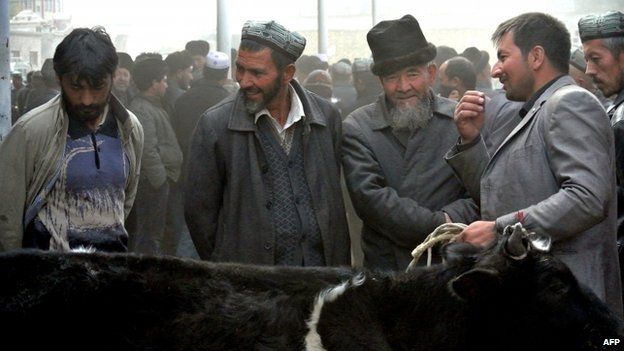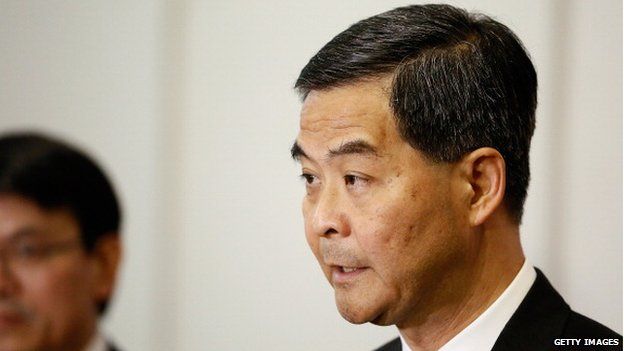By Christine Khamis
Impunity Watch Reporter, Asia
HONG KONG, China—
Chinese authorities detained human rights lawyer Li Heping on Friday. Police searched Mr. Li’s home in Beijing, seizing computers and documents. They then took Mr. Li away. His detainment is only the latest in a series of crackdowns on lawyers who defend dissidents and human rights advocates.
Mr. Li has worked on behalf of some of China’s most well known dissidents and rights advocates. His clients included Chen Guangcheng, a blind civil rights activist and legal advocate who escaped house arrest in 2012 and later moved to the United States.
Within the 24 hours preceding Mr. Li’s detainment, three other human rights attorneys disappeared, as well as a paralegal. It appears that the lawyers were detained as part as a growing investigation by Chinese authorities, but the details surrounding their disappearances remain unclear. Police have yet to confirm that they have the four lawyers and paralegal in custody.
Zhou Shifeng, Wang Yu, and Li Shuyun, all lawyers at the Fengrui Law Firm, disappeared on Thursday and Friday. The Fengrui Law Firm’s offices were searched, and police carried away at least three computers. As of Friday afternoon, some of the firm’s other lawyers had also gone missing, as well as its financial director and driver.
Mr. Zhou had just successfully won the release of a client, a news assistant for a German newspaper who had been detained by authorities for nine months. He is said to have been led away from his Beijing hotel by what appeared to be plainclothes police. His colleagues and wife have not heard anything from him since.
Ms. Yu, a human rights attorney, disappeared from her home on Thursday. Before being taken, Ms, Yu made it known through texts and social media that her power and internet had been shut off and that people were attempting to enter her home. Security guards at Ms. Yu’s apartment complex stated that police surrounded Ms. Yu’s building, saying that it was a drug bust. About a week before, while representing a client, Ms. Wu was thrown out onto the street by court bailiffs because she insisted on being at a cross examination.

Maya Wang, a Human Rights Watch researcher, has stated that Fengrui’s lawyers and paralegal could have been detained because of the Fengrui Law Firm’s employment of Wu Gan, an activist who publicized controversial cases on the internet. Mr. Wu was detained by police in May.
Other lawyers and human rights advocates in the region believe that the crackdown on human rights lawyers is part of the Chinese Communist Party’s efforts to use criminal investigations to destroy China’s rights defense movement. The movement has challenged restrictions on freedom of expression as well as restrictions on the Chinese legal and political systems.
For more information, please see:
The New York Times – Chinese Authorities Appear to Detain 4 Human Rights Lawyers – 10 July 2015
Radio Free Asia – Beijing Rights Lawyer ‘Missing’, Believed Detained: Lawyer – 10 July 2015
The Epoch Times – Chinese Rights Lawyer Taken From Home By Police – 9 July 2015
Amnesty International – Urgent Action: Seven Missing in Feared Attack on Law Firm – 10 July 2015


